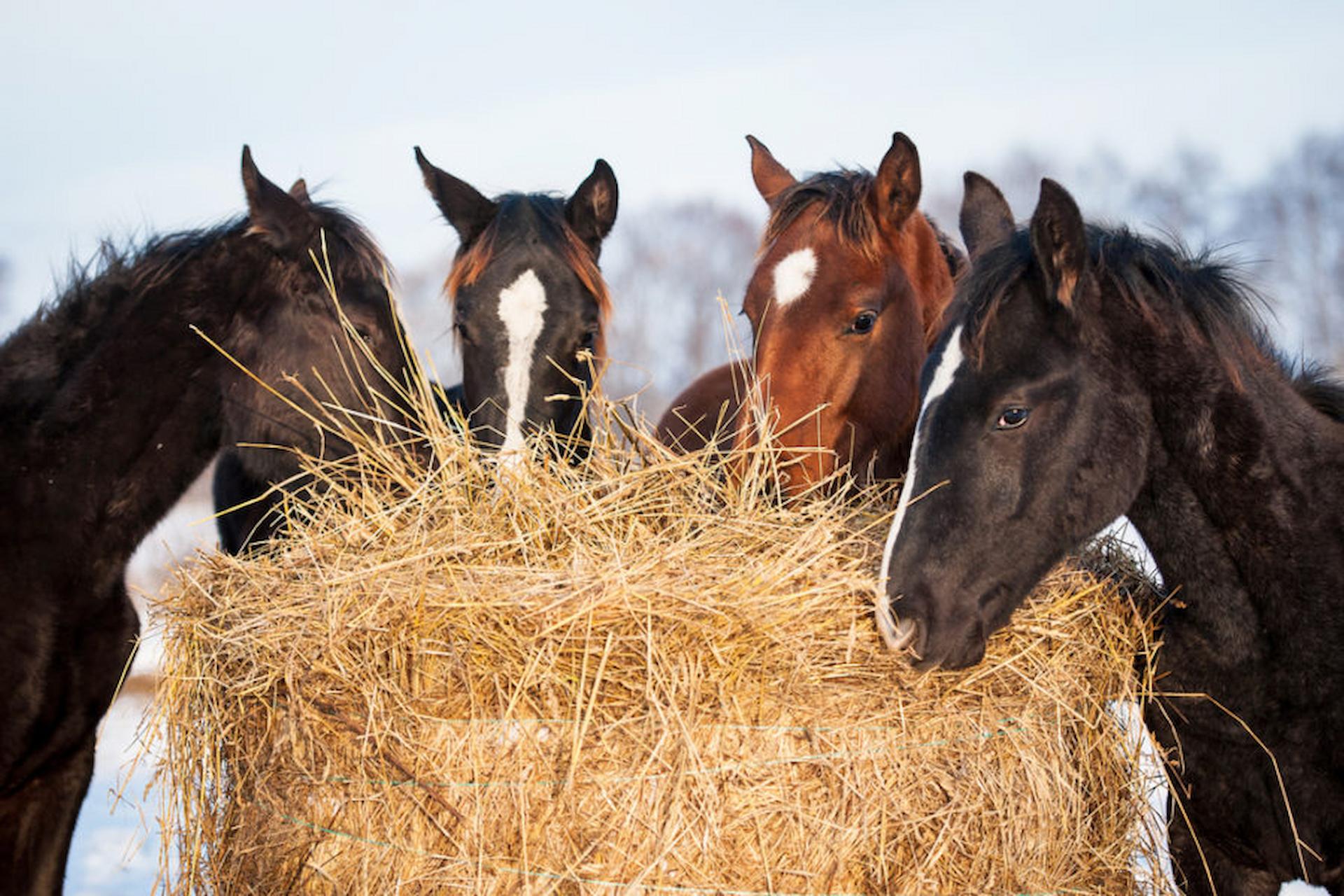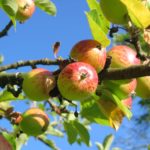As horse owners, we all share the common goal of ensuring our equine companions are happy and healthy. A vital aspect of this is managing their health, and ensuring they benefit from feed that suits their daily needs. It’s essential to consider the nutrients your horse is getting through their diet – including protein for muscle development. Just like in humans, horses need protein to maintain muscle mass, repair tissue around the body, and as a way of carrying out essential functions internally. Below, we’ll take a look at how alfalfa plays a role in supporting muscle development in horses.
Nutritional Needs for Muscle Development
Building and maintaining muscle condition in horses is essential, and is a process that’s influenced by genetics, as well as nutrition and exercise. Without proper nutrients, your horse may not be able to carry out functions within their body correctly and may not be able to perform at their best – no matter their training regime.
Horses need various nutrients to function and grow optimally. Protein, amino acids, vitamins, and minerals are all essential for your horse’s well-being. Protein in particular is crucial for muscle maintenance and development, as it provides essential amino acids horses need for building and repairing muscle tissue. It’s important to consider whether your horse is getting sufficient nutrients from their diet as deficiencies can hinder muscle growth, condition, and overall performance.
Why Choose Alfalfa?
Alfalfa is a legume hay which is a popular choice when it comes to forage, particularly for horses in need of muscle development. It can also provide energy without the added sugar and starch content, and vital minerals for your horse’s well-being. Let’s take a closer look at the role alfalfa plays when it comes to supporting equine muscle development.
Rich in Protein
Alfalfa is rich in protein. It typically contains around 15-18% protein, in contrast to grass hay which can contain around 6-8% – depending on the type of grass you choose. The higher protein content is essential for a variety of functions around your horse’s body, including supporting the immune system and transporting nutrients around the body across membranes and in the blood, as well as a way of ensuring muscles can build and repair as efficiently as possible. Because of this, alfalfa can be a good addition to the diets of growing foals, pregnant mares, and performance horses.
Amino Acid Profile
The quality of protein is determined by its amino acid profile. Alfalfa boasts a high-quality amino acid profile that features essentials like lysine and methionine, which are crucial for muscle development. The building blocks that amino acids provide help with necessary tissue repair and muscle growth.
Vitamins and Minerals
Not only does alfalfa boast high protein and amino acid content, but it can also enhance vitamin and mineral intake when added to your horse’s diet. These vitamins and minerals help to support overall health and well-being, as well as muscle function. Alfalfa contains vitamins A, D and E, as well as phosphorus and calcium. These nutrients are essential for maintaining strong bones and can even help with the process of muscle contraction.
Digestibility
Alfalfa is highly digestible, which means it’s not only good for the hindgut and as a way of implementing slow-release energy into the diet, but it also means horses can extract nutrients from alfalfa more efficiently than other types of hay. This means that your horse can utilise the protein, amino acid, and vitamin and mineral content that alfalfa can provide more easily making them readily available for muscle development.











Leave a Reply
You must be logged in to post a comment.